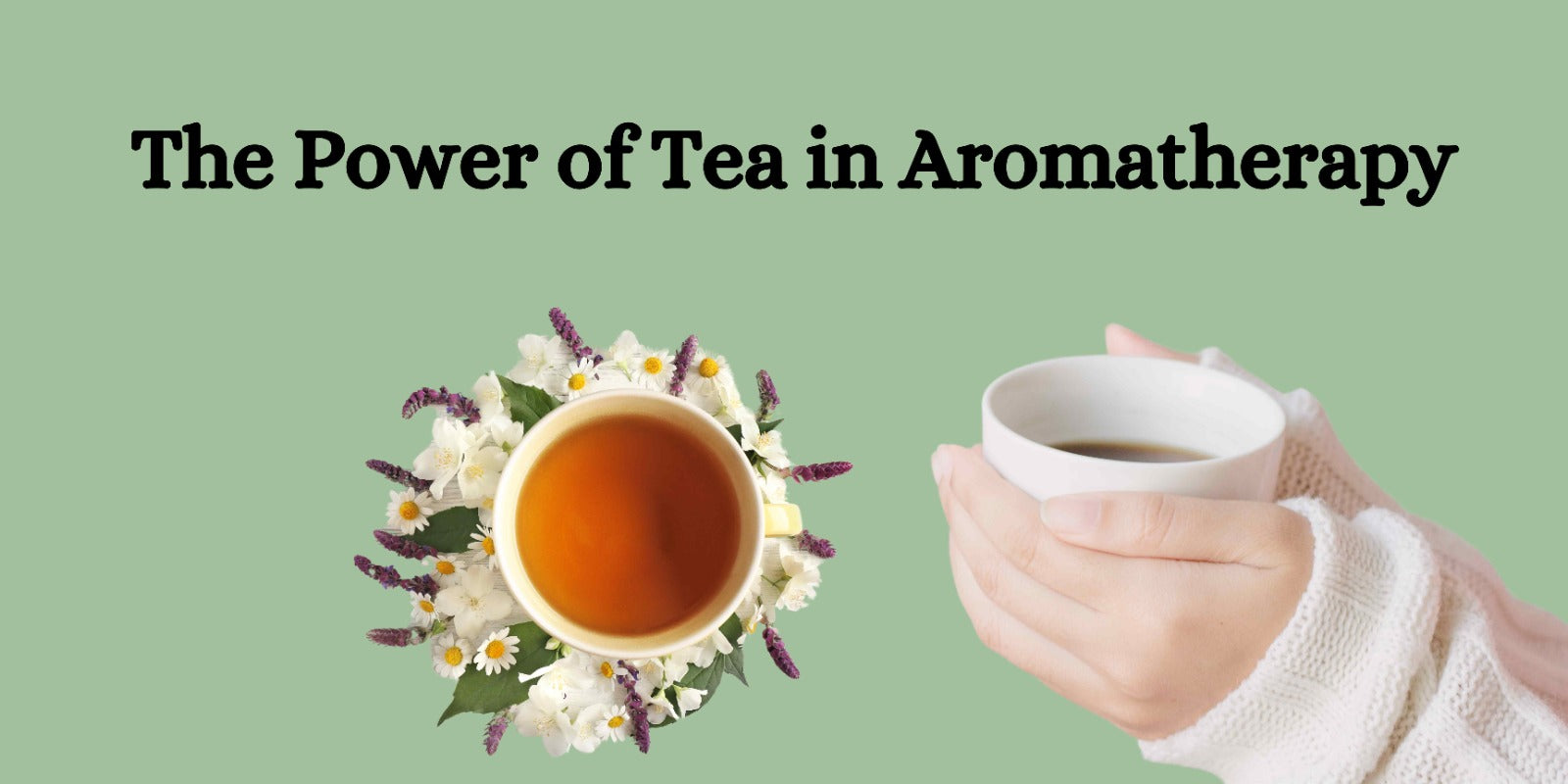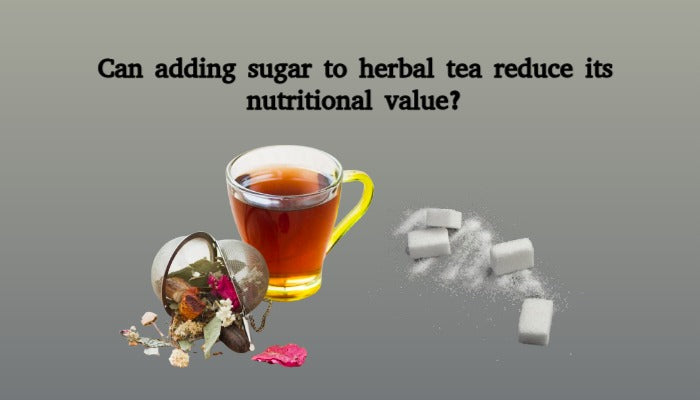Tea is one of the most enjoyed beverages around the world, offering both comfort and numerous health benefits. When you’re looking to avoid or reduce caffeine intake, you might come across two terms: decaf tea and caffeine-free tea. These terms might sound interchangeable, but they actually represent two distinct types of tea. Understanding the difference between them is important if you're looking for an option that best suits your lifestyle and caffeine preferences.
In this blog, we’ll break down the differences between decaf and caffeine-free tea so you can choose the best option for your needs.
What Is Decaf Tea?
Decaf tea, a caffeine-reduced version of traditional tea, is made by processing tea leaves to remove most of their caffeine content. While the decaffeination process is highly effective, decaf tea still retains a small amount of caffeine, typically around 1-2% of its original level.
How is decaf tea made?
There are various methods for removing caffeine from tea leaves, including:
- Chemical solvents: This method uses substances like ethyl acetate or methylene chloride to remove caffeine. The tea leaves are treated with these chemicals, which absorb the caffeine. While effective, this method can leave a subtle aftertaste.
- Carbon dioxide (CO2) process: The CO2 process is a more natural way to decaffeinate tea. This method uses pressurized carbon dioxide to extract the caffeine while preserving most of the tea’s flavor and nutrients. It's often considered a cleaner and more effective method of decaffeination.
Although decaf tea is still made from traditional tea leaves, the decaffeination process may slightly affect the flavor, though it largely retains the original taste.
What Is Caffeine-Free Tea?
Unlike decaffeinated tea, caffeine-free tea was never exposed to caffeine in the first place.These teas are usually herbal blends made from dried herbs, flowers, fruits, or plants that naturally do not have caffeine. Common types of caffeine-free tea include:
- Chamomile tea: Known for its calming properties and widely used as a natural sleep aid.
- Peppermint tea: Celebrated for its digestive benefits and delightful flavor profile.
- Rooibos tea: A South African herbal tea, naturally caffeine-free and packed with antioxidants.
- Hibiscus tea: Known for its vibrant color and tangy flavor, with potential benefits for lowering blood pressure.
Caffeine-free teas are commonly known as herbal teas or tisanes. They are ideal for anyone wanting to completely avoid caffeine, whether due to sensitivity, pregnancy, or a preference for caffeine-free beverages.
Key Differences Between Decaf and Caffeine-Free Tea
Now that we understand what decaf and caffeine-free teas are, let’s take a closer look at the key differences:
- Source: Decaf tea is derived from traditional tea leaves, like black, green, or oolong, but undergoes a process to remove most of the caffeine. Caffeine-free tea, however, is made from plants and herbs that never contained caffeine.
- Caffeine Content: Decaf tea still retains a small amount of caffeine, usually around 1-2% of its original content. Caffeine-free tea, as the name suggests, is entirely free of caffeine.
- Flavor: Decaf tea retains much of the flavor of regular tea, though the decaffeination process may slightly alter its taste. Caffeine-free teas, on the other hand, offer a wider variety of flavors depending on the ingredients used, such as fruity, floral, or minty notes.
- Health Benefits: Both decaf and caffeine-free teas provide health benefits. Decaf tea still contains many of the antioxidants and nutrients found in regular tea, while caffeine-free teas offer benefits based on their herbal ingredients, such as aiding digestion, promoting relaxation, or boosting immunity.
Which Tea Should You Choose?
The choice between decaf and caffeine-free tea largely depends on your preferences and health goals. Here are some points to consider:
- Flavor preference: If you enjoy the taste of traditional black, green, or oolong tea but want to reduce your caffeine intake, decaf tea is a great option. You’ll still get most of the flavor and benefits, but with a fraction of the caffeine.
- Complete caffeine avoidance: If you’re sensitive to caffeine, pregnant, or simply want to avoid it altogether, caffeine-free teas like chamomile or rooibos are ideal. They provide a completely caffeine-free experience with unique flavors and health benefits.
- Time of day: Decaf tea can still have trace amounts of caffeine, so if you’re very sensitive to stimulants, especially before bed, you might prefer a caffeine-free herbal tea. On the other hand, decaf tea can be a good choice for morning or afternoon consumption when you want a mild pick-me-up without the jolt of full-caffeine tea.
Conclusion
Understanding the difference between decaf and caffeine-free tea can help you make more informed choices about what to sip on, depending on your caffeine tolerance and taste preferences. Decaf tea offers the flavor and benefits of traditional tea with reduced caffeine content, while caffeine-free tea provides a wide variety of herbal blends that are naturally caffeine-free. Whether you’re looking for a calming evening drink or a midday cup, both options have their own unique appeal and health benefits.




